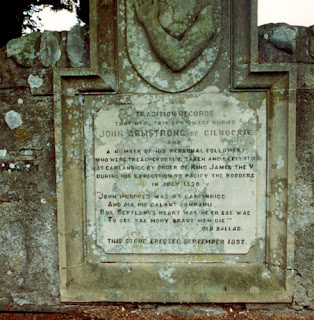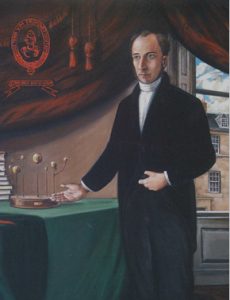Love and Marriage
It’s that time of year when thoughts turn to love and romance. The shops (those that are open) are full of hearts and cards professing true love and there are the usual ‘romantic’ gifts available – yes it’s Valentine’s Day.
Marriages are one of those key vital pieces of the family history jigsaw and help the family historian to expand the branches of their ever growing family tree. It is hoped that our ancestors all married for love and that every wedding was a happy and joyous event shared by family and friends alike but this was not always the case.
My Grandparents' Wedding 1935
Looking back over the registers and certificates a pattern begins to emerge as to when and why couples got married.
A number of mine and my wife’s ancestors married at Easter or at Christmas, either on Christmas Day or Boxing Day. When you look at the records you start to see that they were either in service or in occupations which meant that they got very little time off so had to take advantage when they were not working. A quick ceremony in front of a couple of witnesses and then back to work.
My wife’s paternal grandparents were married in 1916 when the First World War was at its height. There were six couples married on the same day as all the grooms had been called up for active service. Luckily for her grandfather, he was described as a Shell Turner on the marriage certificate so he soon returned to this reserved occupation and didn’t have to go overseas.
There are the inevitable marriages to legitimise children or the bride was pregnant when the ceremony took place. There are also second marriages – a man left with three children after his first wife dies and then subsequently marries his ‘housekeeper’ a few months later. One has to wonder if the marriage really was one of true love or more out of necessity.
In Scotland, the laws on marriage were slightly different and may weddings took place at home rather than in a place of worship. My great great grandfather was a Free Church Minister whose eldest daughter was married at home, not that it wasn’t a religious ceremony given that her uncle was the officiating minister and he was assisted by another colleague.
The weddings of our ancestors were not always the huge family affairs that we are more used to today. There were often small, intimate affairs and often would not be the only marriage taking place that day.
Marriages seemed to last as well probably because divorce was not an option for most people. Many couples were together for 20 or 30 years or longer unless one of them passed away. My own parents were married for over 50 years – in fact my mother passed away on their wedding anniversary. Not that all these marriages were happy. There is the story of a great aunt who after experiencing a very traumatic labour didn’t allow her husband to come near her again!
Finally, there is the bigamous marriage. Because divorce was not an option for the vast majority of people sometimes a man, or woman, would abandon their family and move away and then claim to be widowed so that they could marry someone else, often in another parish. In the days before centralised records and modern day communications this was actually much easier to do.
The hope would be that your ancestors were happy with their partners and all marriages were happy and loving over a number of years but there is always a story behind the facts.




Comments
Post a Comment